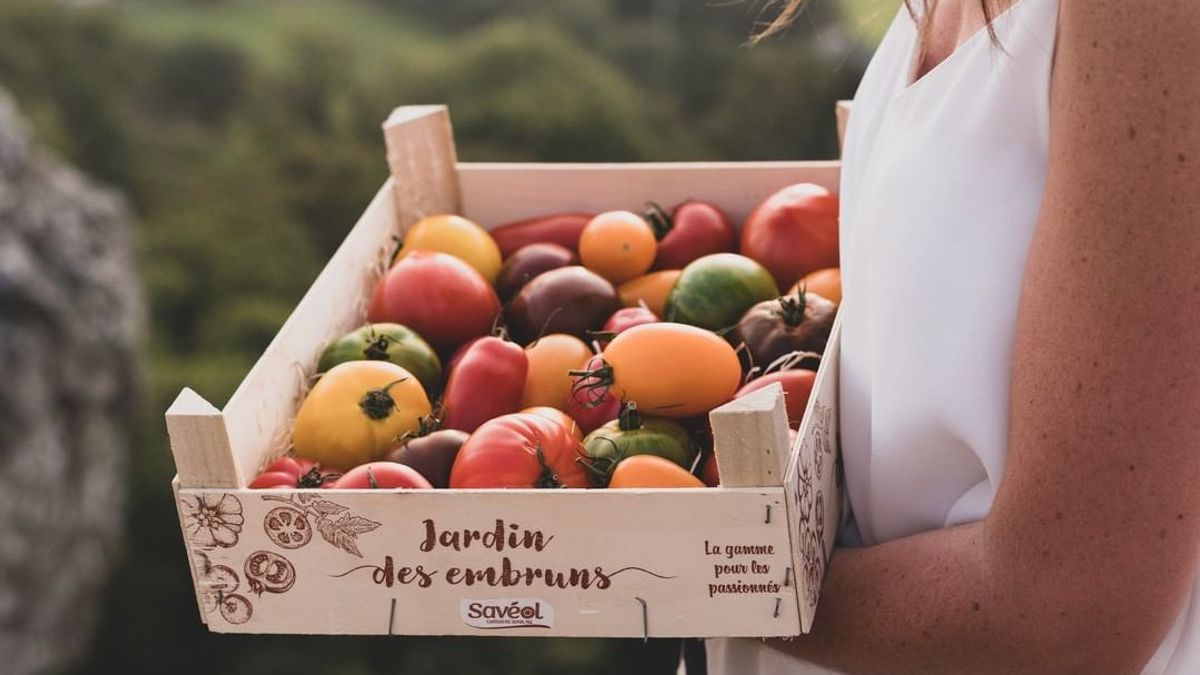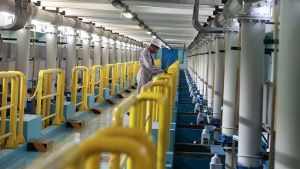JAKARTA - Along with increasing awareness for healthy living, concern for healthy and pesticide-free food. Various methods are used to produce pesticide-free food products.
For example, an agricultural cooperative in France called Saveol, which uses insects such as bees and wasps to fight pests, as well as to help pollinate.
Not just any bees and wasps, because these insects are bred in a unique nursery in Brittany, France.
As the largest tomato producer in France, the Saveol cooperative works with 126 producers and is known for its pesticide-free crops. Increased consumer demand for not using pesticides, along with concerns around the impact of harsh chemicals on humans and the environment.

This insect farm opened in 1983, just outside Brest, France. But even today, Savéol is the only European producer that has integrated the production of helper insects.
These useful insects can control harmful species such as whiteflies, which surround growing plants. Meanwhile bees ensure effective pollination by pure organic means.
Previously, most Brittany tomatoes were grown in greenhouses; they did not qualify for the organic label, which required the plants to be grown under natural conditions in the soil.
This prompted Saveol to work with several other Brittany cooperatives two years ago, Sica and Solarenn, to promote their pesticide-free 'strategy'.

"Overall, the use of predatory insects by French farmers has soared, with regulators approving 330 species as plant pest treatments in the first quarter of this year, up from 257 in 2015," the French Ministry of Agriculture said.
"In 2020, we don't do chemical treatments at all. We are in a period where consumers want to eat healthy. Pesticide-free is the third way, an alternative to mass production, but healthy," explains François Pouliken, head of Saveur d'Iroise, agriculture. cooperative members such as citing News.in-24 from AFP.
As demand increases, the cooperative plans to add an insect farm of 1,200 square meters this year. The area itself has now reached 4,500 square meters. The new extension will also allow the development of a variety of new insects that are more suitable for strawberry cultivation.
“This expansion will allow us to significantly increase our production capacity”, said Pierre-Yves Jestin, head of the structure which produces 74,000 tonnes of tomatoes annually, but also 2,500 tonnes of strawberries.
The English, Chinese, Japanese, Arabic, and French versions are automatically generated by the AI. So there may still be inaccuracies in translating, please always see Indonesian as our main language. (system supported by DigitalSiber.id)













